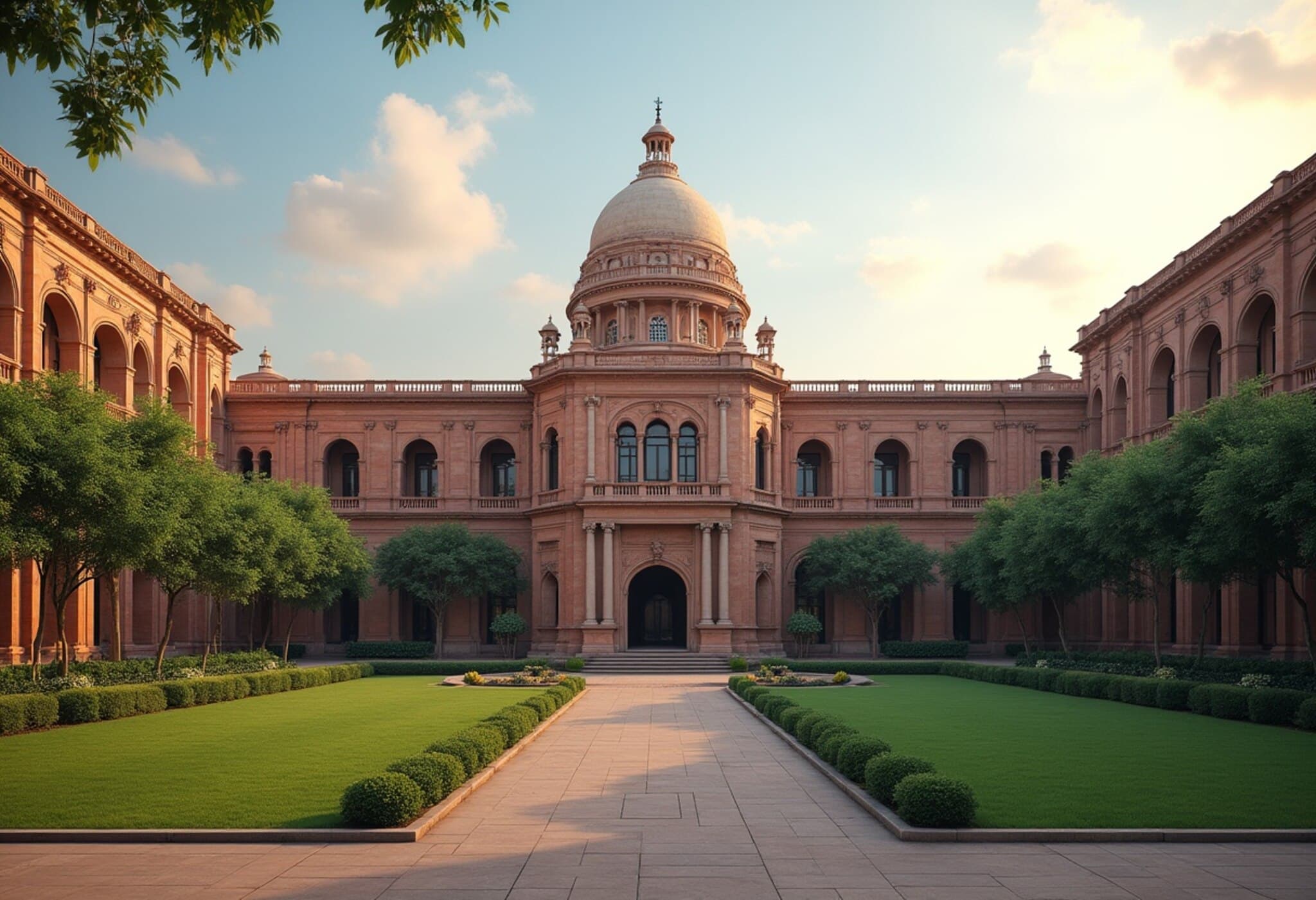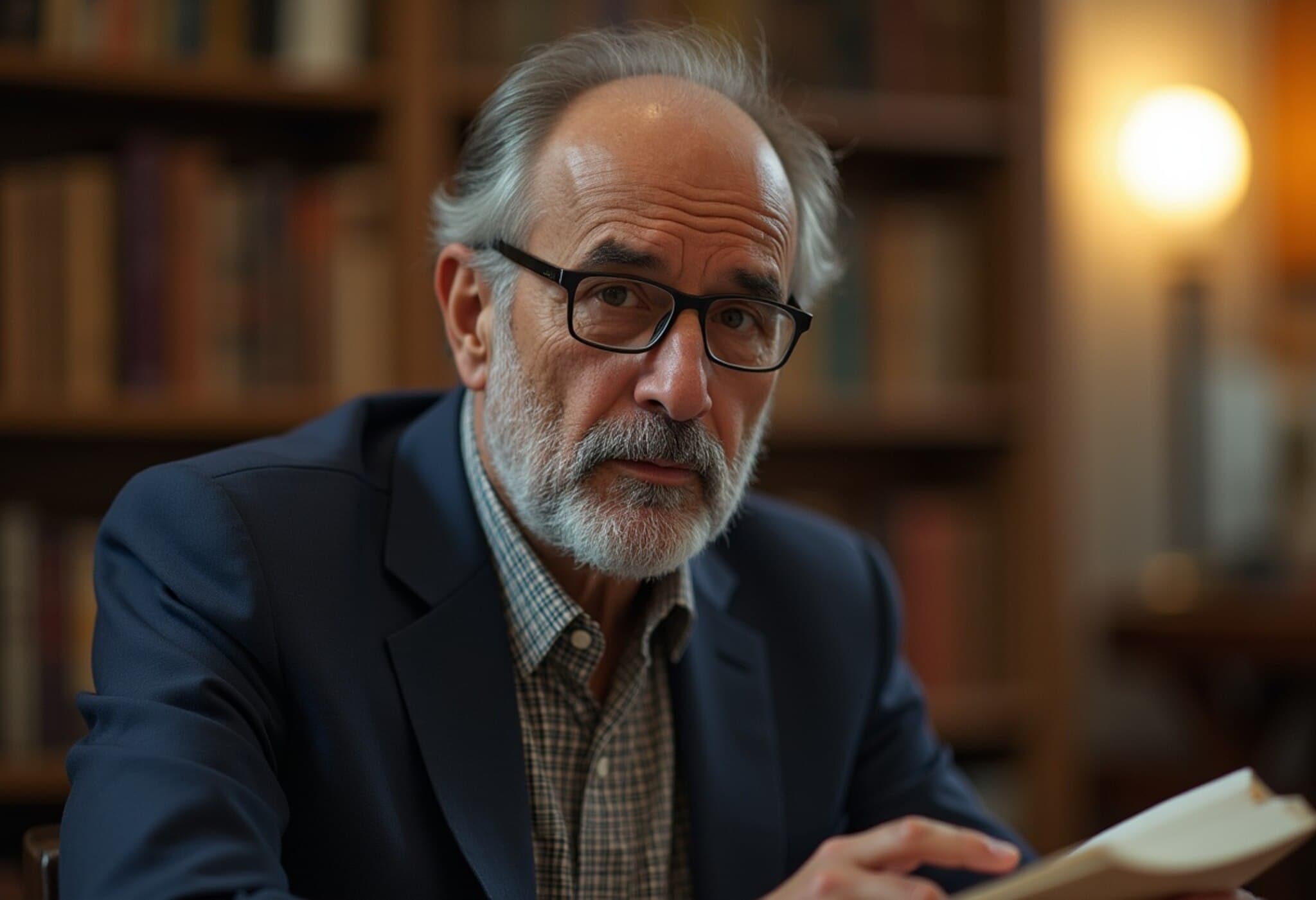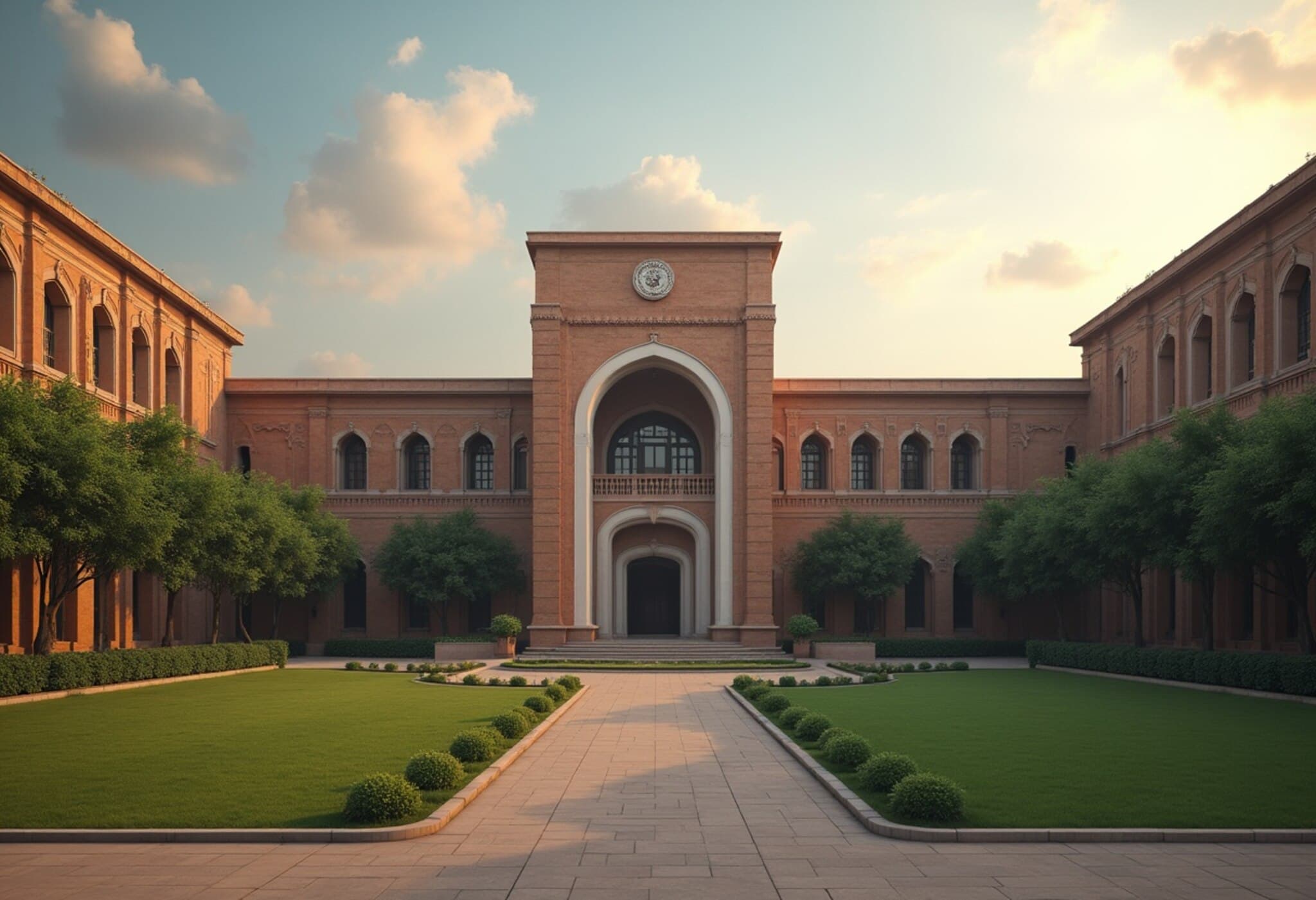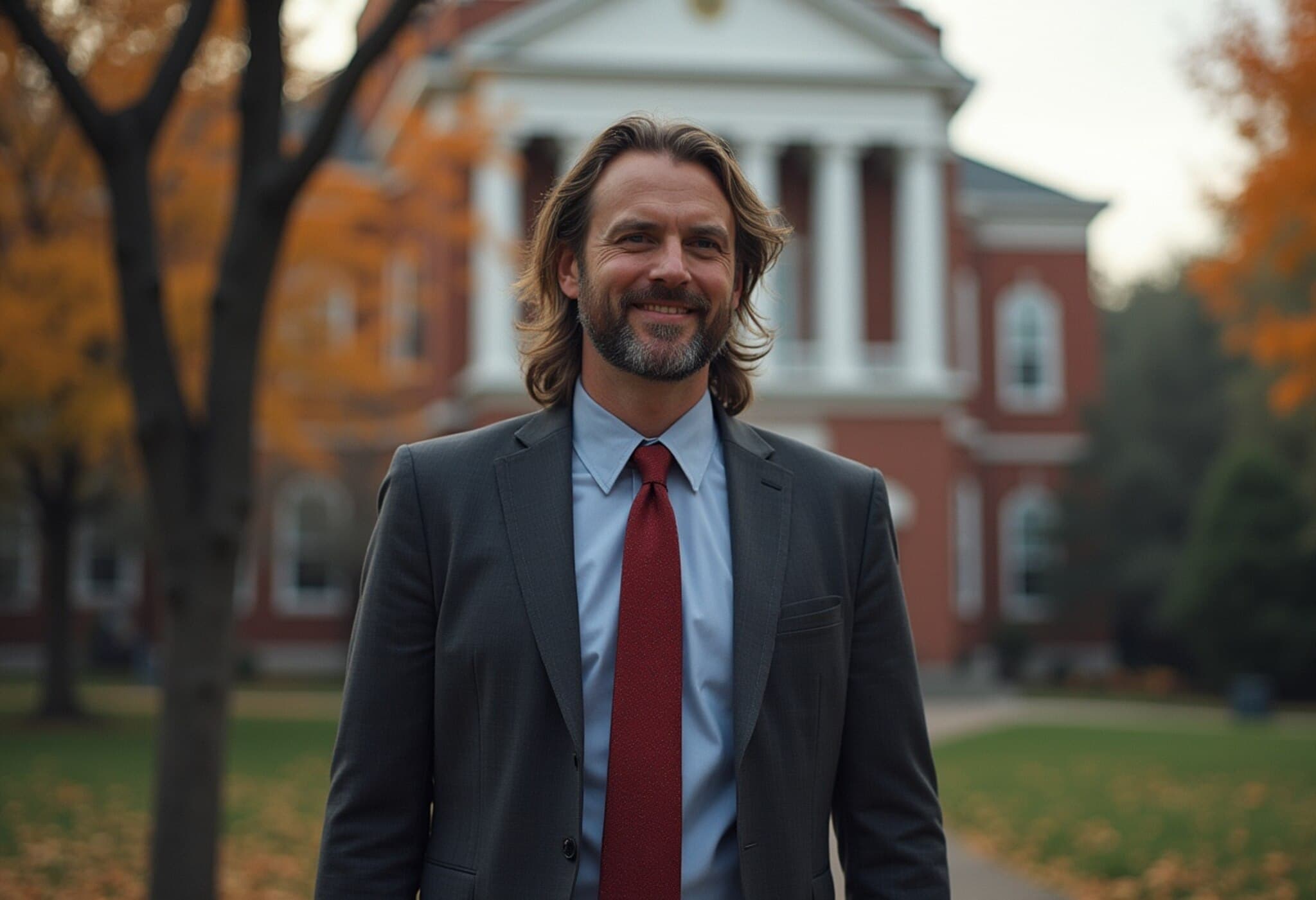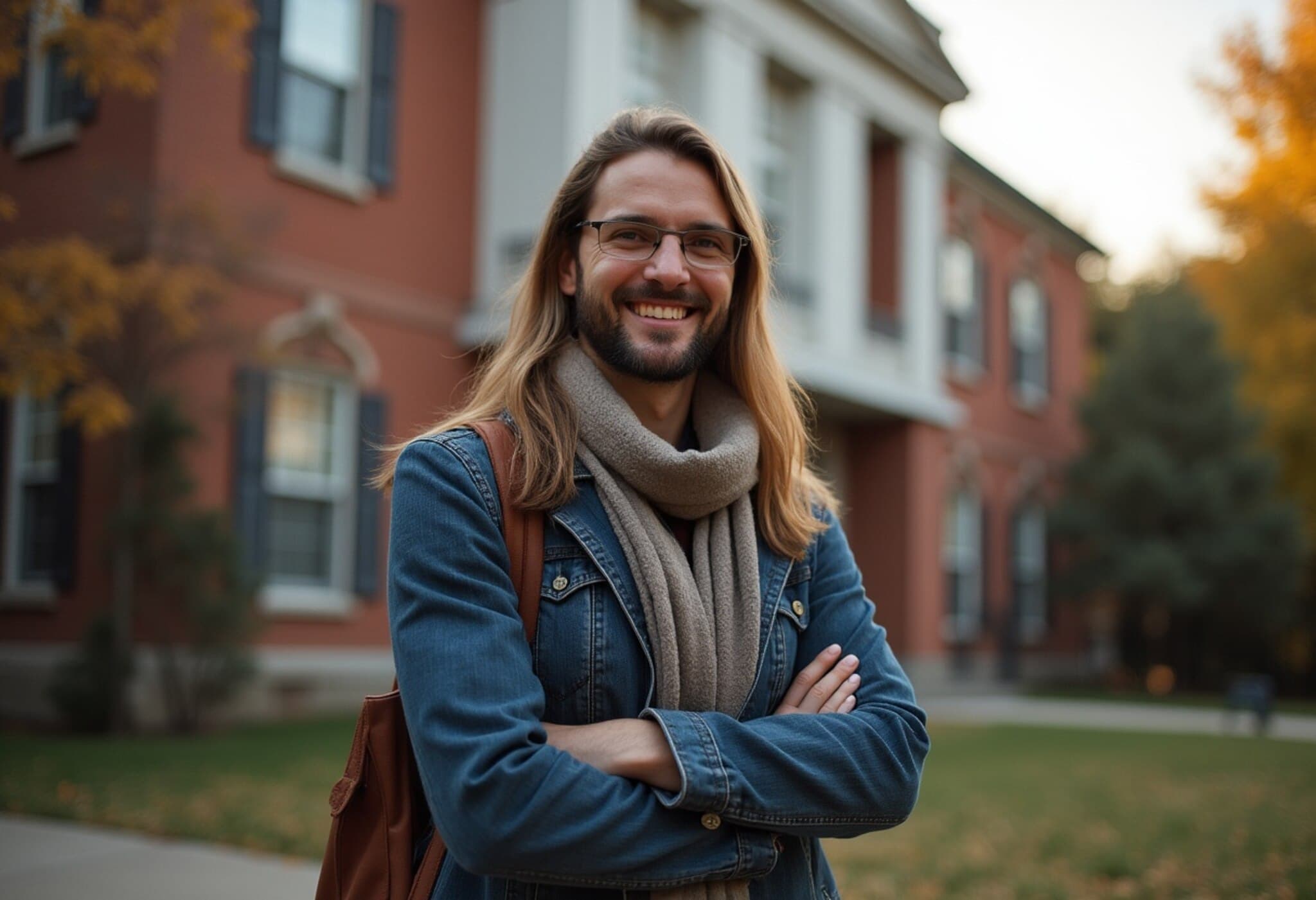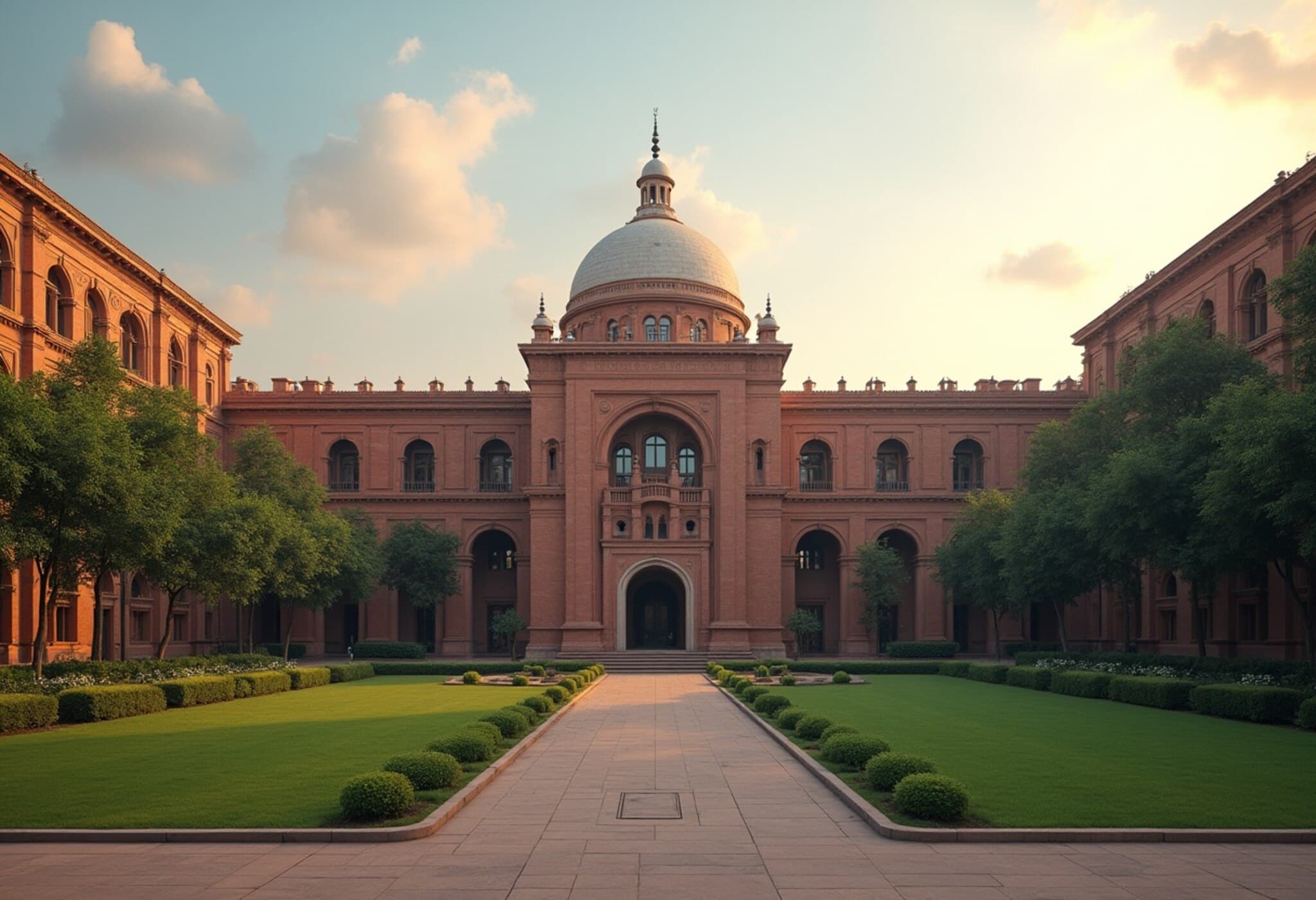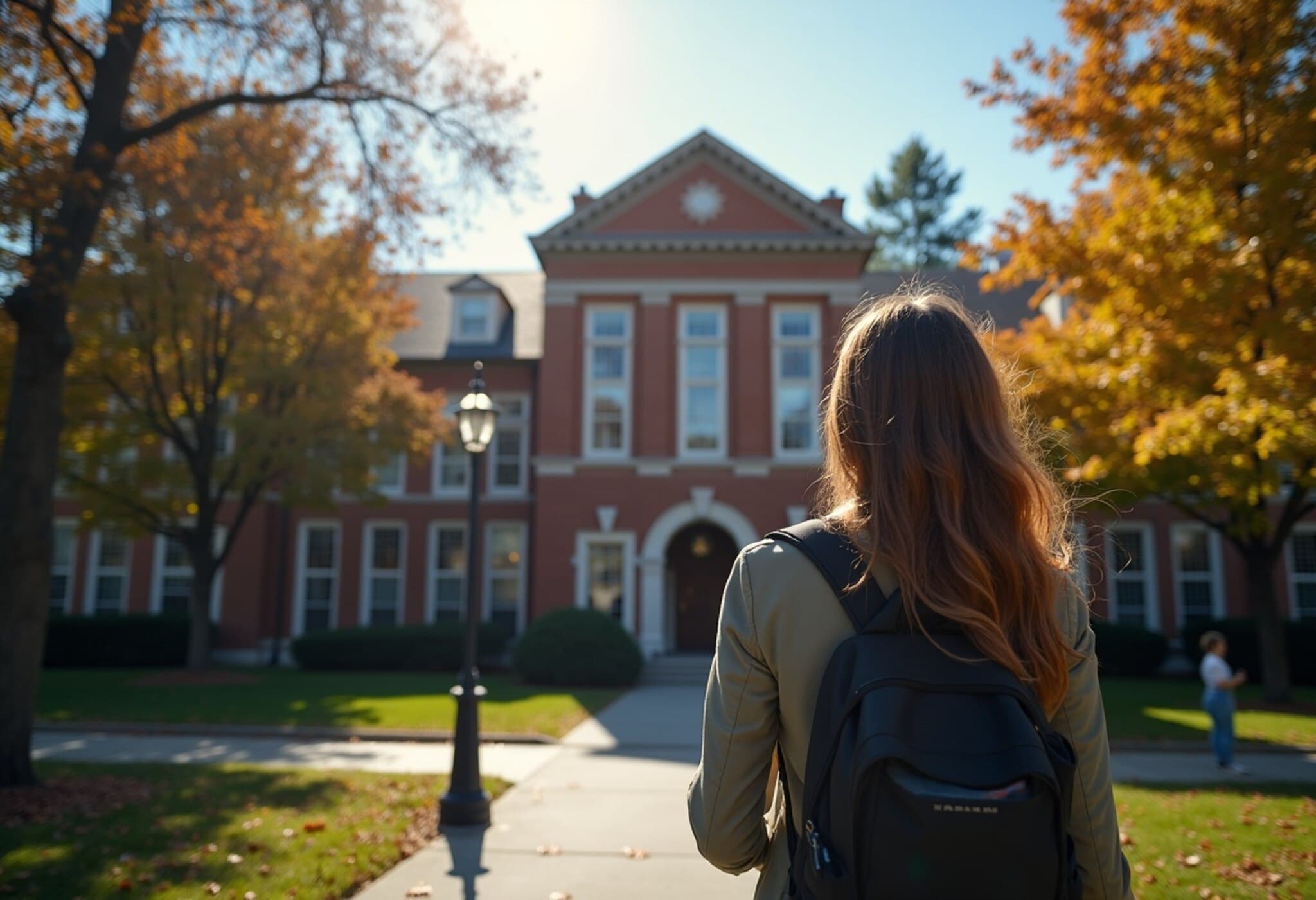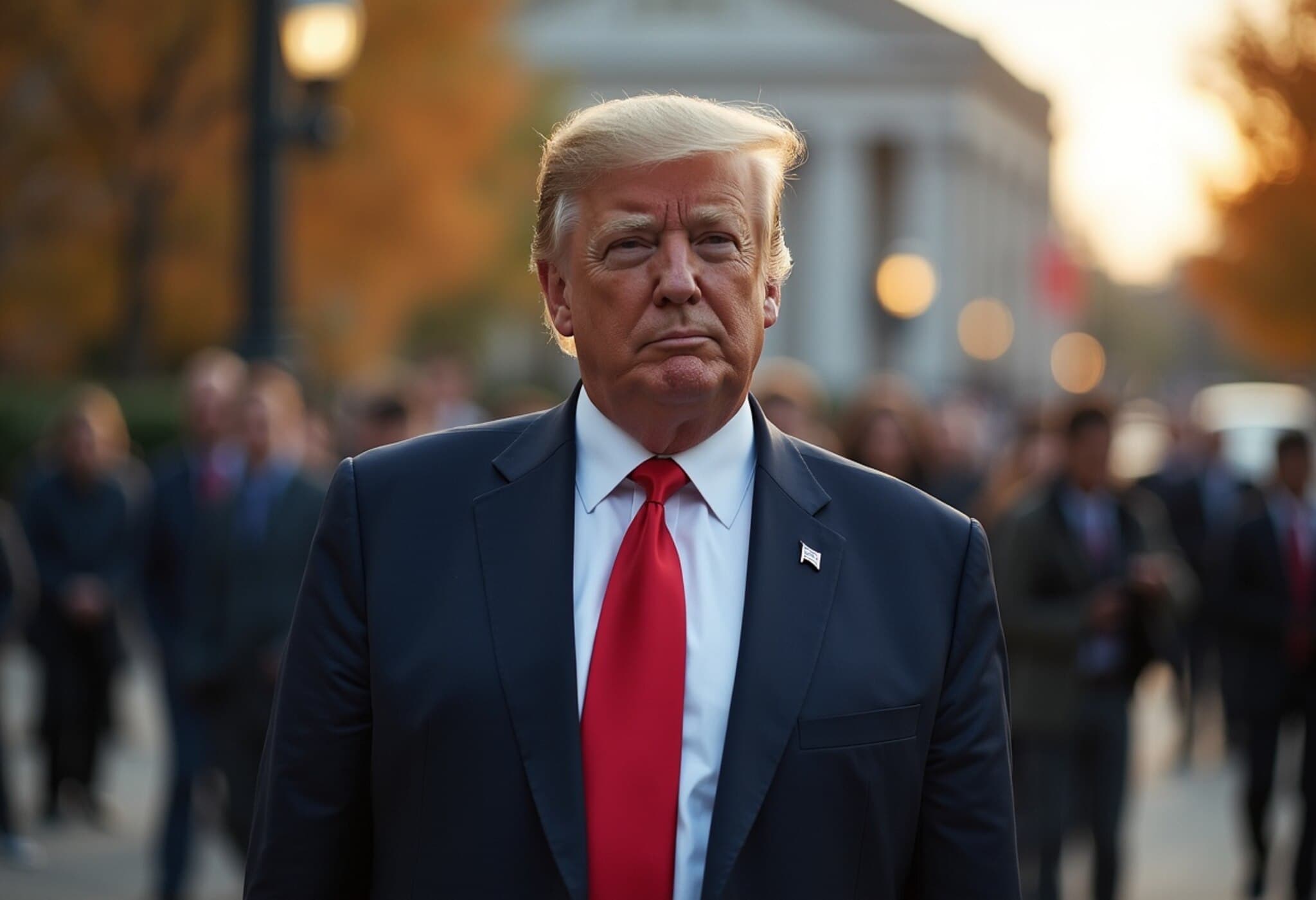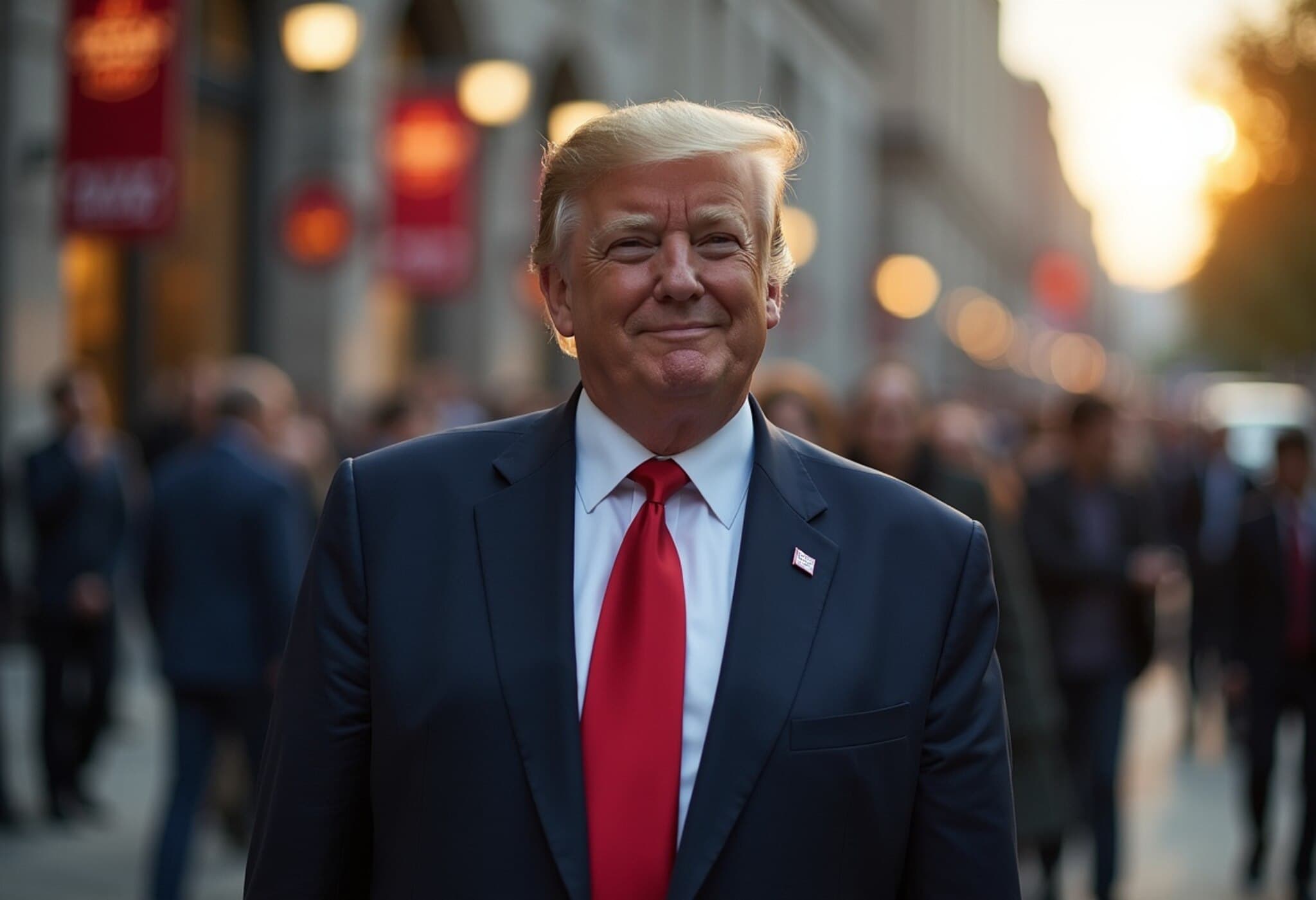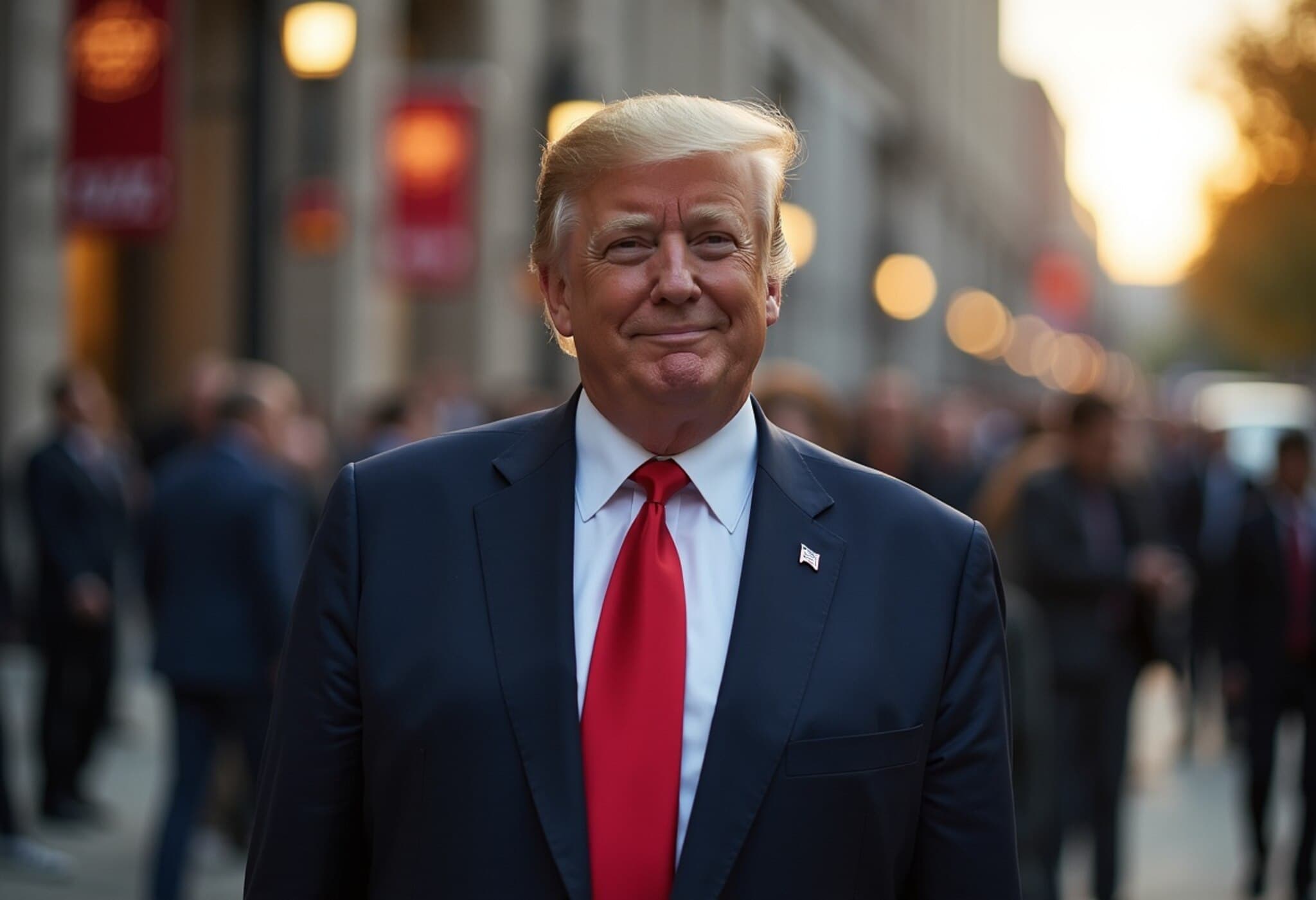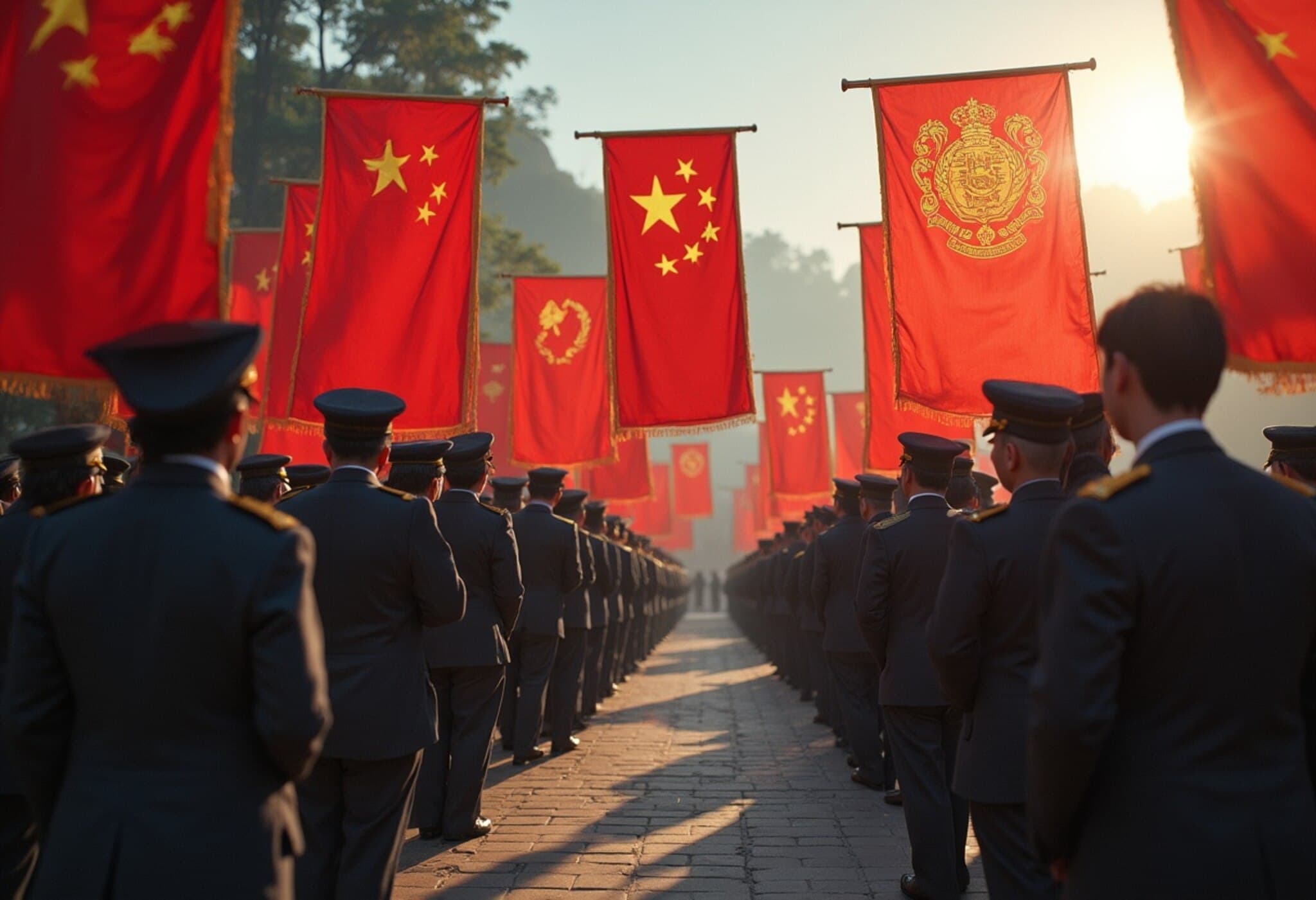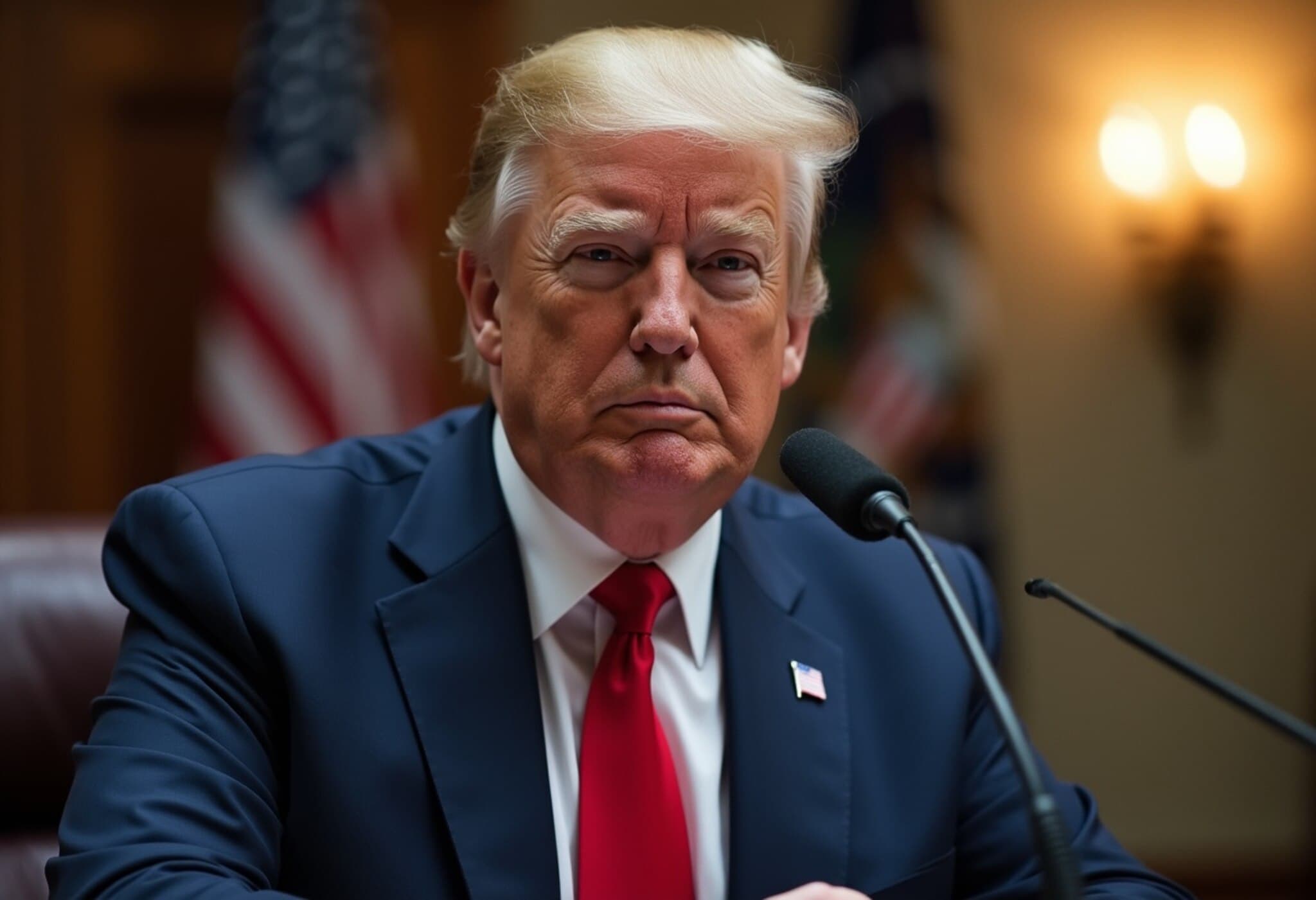US State Department Opens Inquiry Into Harvard’s Exchange Visitor Program
In a significant escalation of tensions between the US government and one of its oldest academic institutions, the State Department has announced a formal investigation into Harvard University’s role as a sponsor in the Exchange Visitor Program. Secretary of State Marco Rubio emphasized the gravity of this probe, stating that it is crucial to ensure educational programs align with national security requirements and regulatory compliance.
National Security at the Forefront
Secretary Rubio commented, “The American people have the right to expect their universities to uphold national security, comply with the law, and provide safe environments for all students.” This investigation scrutinizes Harvard’s eligibility to host international students, scholars, and researchers on short-term academic exchanges under the federal program tailored to foster global learning and collaboration.
If the investigation results in Harvard losing its sponsorship privileges, the impact would be profound—curtailing the university’s capacity to attract and host talented visitors from across the globe. This could hinder academic exchanges that have traditionally fueled innovation and cross-cultural understanding.
Historical Context: Harvard vs. Trump Administration
The probe unfolds against a backdrop of ongoing disputes between Harvard and the Trump administration. Earlier, the White House faced legal setbacks after a federal judge blocked its attempt to bar international students from enrolling at prestigious universities like Harvard during the pandemic. Moreover, Harvard is currently contesting federal actions that affect research grant allocations, illustrating a broader pattern of institutional pushback.
Political Undercurrents and Campus Climate
The tension is further fueled by accusations from the Trump camp alleging that Harvard and similar institutions have failed to safeguard Jewish students, particularly amidst heightened campus activism linked to geopolitical conflicts. Trump’s criticism sharply labeled Harvard as an “Anti-Semitic, Far Left Institution”, accusing it of harboring extremist views and permitting hate speech.
Such rhetoric underscores the complex challenges universities face balancing free expression, ensuring civil rights protections, and navigating politically charged climates on campus.
Implications and Questions Ahead
- What standards will emerge from this investigation regarding international academic exchanges and their intersection with national security?
- How might this scrutiny reshape university policies on hosting foreign scholars amid growing geopolitical tensions?
- Could this serve as a precedent for more aggressive federal oversight of educational institutions traditionally seen as global melting pots?
The investigation’s outcome remains to be seen. While reports earlier suggested possible negotiations between Harvard and the administration, no formal accords have been announced.
Expert Insight: Balancing Security and Academic Freedom
Experts caution that while safeguarding national interests is vital, universities must retain the autonomy to pursue international collaboration—a cornerstone of academic excellence. Dr. Elaine Matthews, a higher education policy analyst, observes, “Oversight is necessary, but it cannot come at the expense of the free exchange of ideas that drives innovation. Policymakers must strike a nuanced balance.”
Editor’s Note
The latest investigation into Harvard’s exchange visitor program spotlights a growing tension between national security priorities and academic openness. This development raises essential questions about the future of international educational exchange in an era marked by geopolitical distrust and domestic polarization. As the government tightens scrutiny of prestigious universities, both policymakers and educators face the challenge of protecting students’ safety without stifling the vital global engagement that these institutions champion.
What safeguards can ensure university programs resist exploitation without compromising their international character? This story is evolving, and its implications will reverberate through higher education and diplomatic circles alike.


